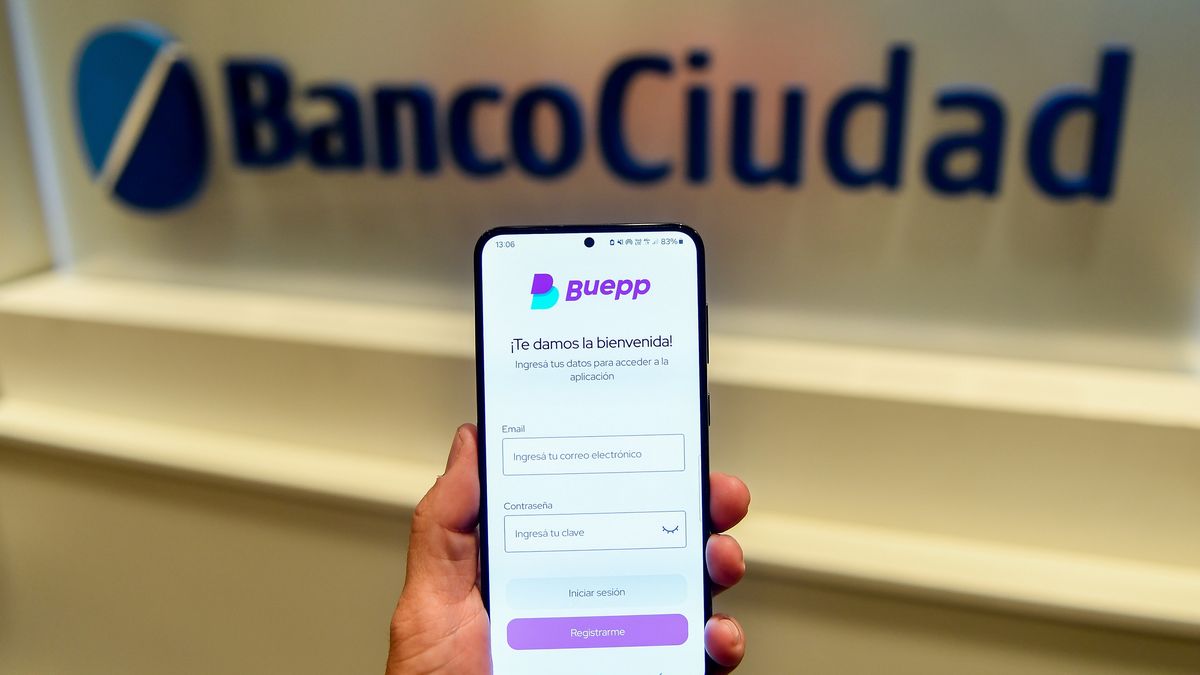I’m Caroline, a journalist and author for 24 Hours Worlds. I specialize in health-related news and stories, bringing real-world impact to readers across the globe. With my experience in journalism and writing in both print and online formats, I strive to provide reliable information that resonates with audiences from all walks of life.
Menu
Avocado: How healthy is the superfood really?
Categories
Most Read
Iron deficiency caused by matcha tea? What you should know about it
October 10, 2025
No Comments
Sweden on prescription? Country launches strange tourism campaign
October 8, 2025
No Comments
Horses: the largest, smallest, most expensive – seven curious facts
October 8, 2025
No Comments
Buy popular Philips toothbrush at Prime Day at half price
October 8, 2025
No Comments
Protect assets: How to protect Grandma’s house and good
October 7, 2025
No Comments
Latest Posts

Leandro Paredes revealed why he did not go to Russo’s wake and left him a special message
October 10, 2025
No Comments
October 10, 2025 – 2:41 p.m. Leandro Paredes, captain of Boca, explained why he did not return to Argentina after the death of Miguel Ángel

The great discount in cinemas to enjoy a good movie this long weekend in October 2025
October 10, 2025
No Comments
October 10, 2025 – 2:30 p.m. The virtual wallet has an exclusive benefit for its movie-loving clients that is impossible not to take advantage of.

Layering look: How wearable is the dress-over-trousers comeback?
October 10, 2025
No Comments
Lisa HarrisI am an author and journalist who has worked in the entertainment industry for over a decade. I currently work as a news editor
24 Hours Worlds is a comprehensive source of instant world current affairs, offering up-to-the-minute coverage of breaking news and events from around the globe. With a team of experienced journalists and experts on hand 24/7.

